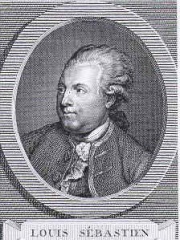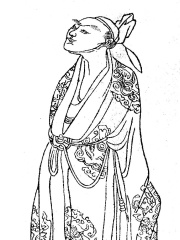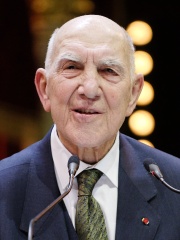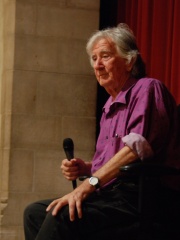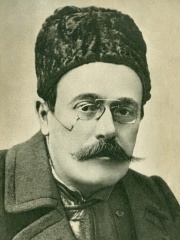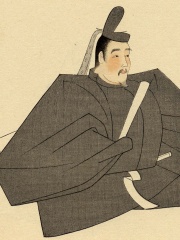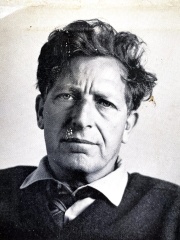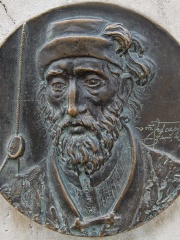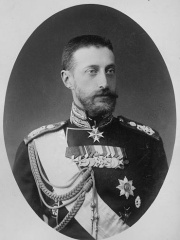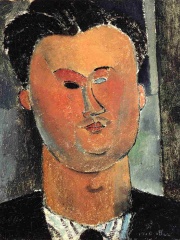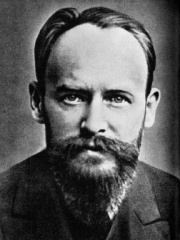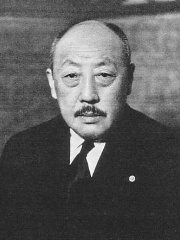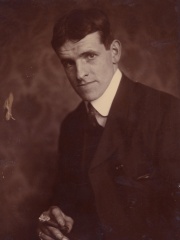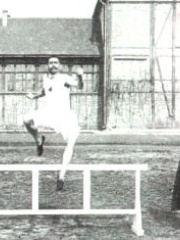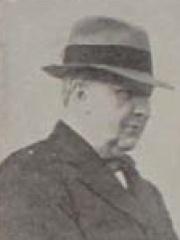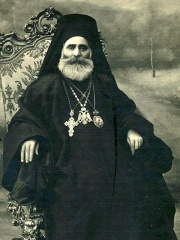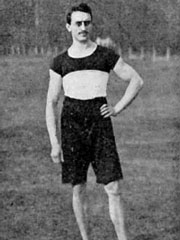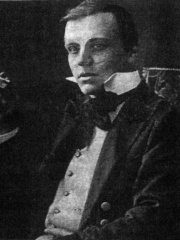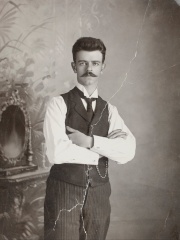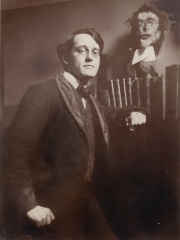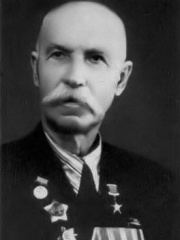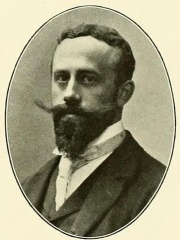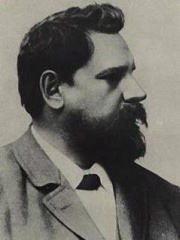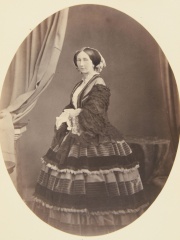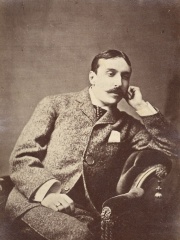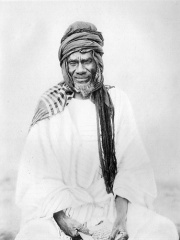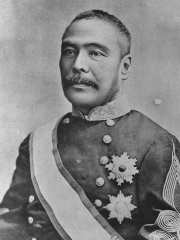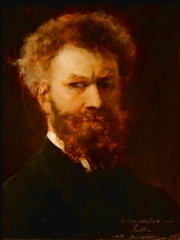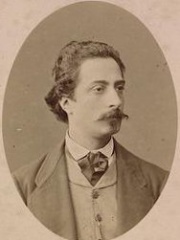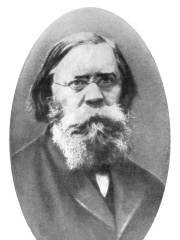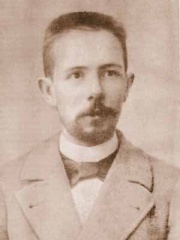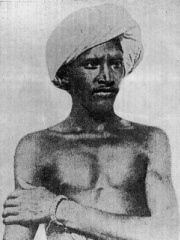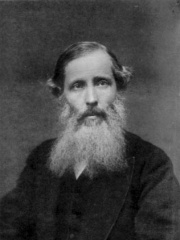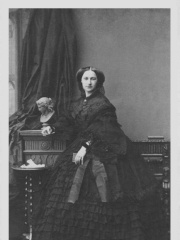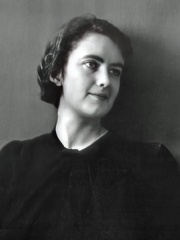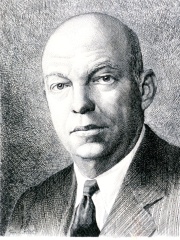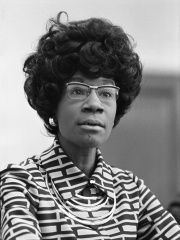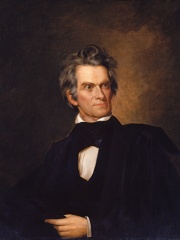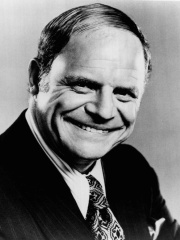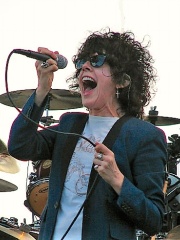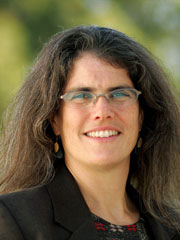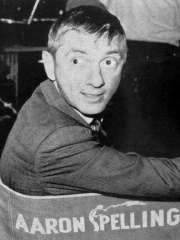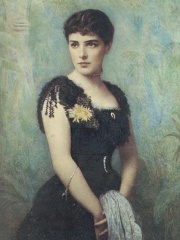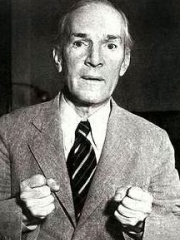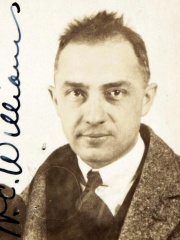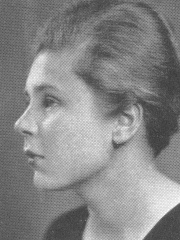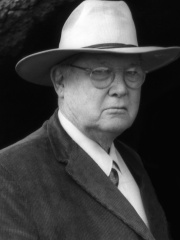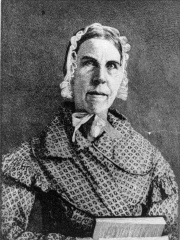Writer
Stephen Crane
1871 - 1900
EN.WIKIPEDIA PAGE VIEWS (PV)
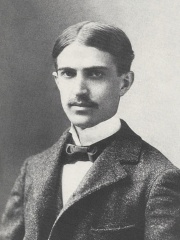
 Stephen Crane
Stephen Crane
His biography is available in 51 different languages on Wikipedia (up from 50 in 2024). Stephen Crane is the 1,804th most popular writer (up from 1,827th in 2024), the 2,652nd most popular biography from United States (down from 2,299th in 2019) and the 213th most popular American Writer.
Memorability Metrics
Page views of Stephen Crane by language
Among Writers
Among writers, Stephen Crane ranks 1,804 out of 7,302. Before him are Louis-Sébastien Mercier, Li He, Stéphane Hessel, Augusto Boal, Ion Luca Caragiale, and Eduard Mörike. After him are Minamoto no Sanetomo, Paul Goodman, Pedro Sarmiento de Gamboa, Grand Duke Konstantin Konstantinovich of Russia, Pierre Reverdy, and Theodore I.
Most Popular Writers in Wikipedia
Go to all RankingsLouis-Sébastien Mercier
1740 - 1814
HPI: 63.96
Rank: 1,798
Li He
790 - 816
HPI: 63.96
Rank: 1,799
Stéphane Hessel
1917 - 2013
HPI: 63.96
Rank: 1,800
Augusto Boal
1931 - 2009
HPI: 63.95
Rank: 1,801
Ion Luca Caragiale
1852 - 1912
HPI: 63.94
Rank: 1,802
Eduard Mörike
1804 - 1875
HPI: 63.94
Rank: 1,803
Stephen Crane
1871 - 1900
HPI: 63.94
Rank: 1,804
Minamoto no Sanetomo
1192 - 1219
HPI: 63.91
Rank: 1,805
Paul Goodman
1911 - 1972
HPI: 63.91
Rank: 1,806
Pedro Sarmiento de Gamboa
1532 - 1592
HPI: 63.89
Rank: 1,807
Grand Duke Konstantin Konstantinovich of Russia
1858 - 1915
HPI: 63.89
Rank: 1,808
Pierre Reverdy
1889 - 1960
HPI: 63.88
Rank: 1,809
Theodore I
1290 - 1338
HPI: 63.88
Rank: 1,810
Contemporaries
Among people born in 1871, Stephen Crane ranks 45. Before him are Christian Morgenstern, Zhang Jinghui, Jack Butler Yeats, Alajos Szokolyi, William McDougall, and Meletius IV of Constantinople. After him are Fritz Hofmann, Hanns Heinz Ewers, Guillermo Kahlo, John Sloan, Fedor Tokarev, and Erich von Tschermak. Among people deceased in 1900, Stephen Crane ranks 32. Before him are Zdeněk Fibich, Princess Josephine of Baden, José Maria de Eça de Queirós, Samori Ture, Kuroda Kiyotaka, and Mihály Munkácsy. After him are Eugenio Beltrami, Pyotr Lavrov, Vasily Kalinnikov, Birsa Munda, Henry Sidgwick, and Princess Adelheid of Hohenlohe-Langenburg.
Others Born in 1871
Go to all RankingsChristian Morgenstern
WRITER
1871 - 1914
HPI: 64.76
Rank: 39
Zhang Jinghui
POLITICIAN
1871 - 1959
HPI: 64.51
Rank: 40
Jack Butler Yeats
PAINTER
1871 - 1957
HPI: 64.29
Rank: 41
Alajos Szokolyi
ATHLETE
1871 - 1932
HPI: 64.27
Rank: 42
William McDougall
PSYCHOLOGIST
1871 - 1938
HPI: 64.24
Rank: 43
Meletius IV of Constantinople
RELIGIOUS FIGURE
1871 - 1935
HPI: 64.10
Rank: 44
Stephen Crane
WRITER
1871 - 1900
HPI: 63.94
Rank: 45
Fritz Hofmann
ATHLETE
1871 - 1927
HPI: 63.93
Rank: 46
Hanns Heinz Ewers
WRITER
1871 - 1943
HPI: 63.67
Rank: 47
Guillermo Kahlo
PHOTOGRAPHER
1871 - 1941
HPI: 63.62
Rank: 48
John Sloan
PAINTER
1871 - 1951
HPI: 63.49
Rank: 49
Fedor Tokarev
ENGINEER
1871 - 1968
HPI: 63.47
Rank: 50
Erich von Tschermak
BIOLOGIST
1871 - 1962
HPI: 63.31
Rank: 51
Others Deceased in 1900
Go to all RankingsZdeněk Fibich
COMPOSER
1850 - 1900
HPI: 64.90
Rank: 26
Princess Josephine of Baden
POLITICIAN
1813 - 1900
HPI: 64.66
Rank: 27
José Maria de Eça de Queirós
WRITER
1845 - 1900
HPI: 64.56
Rank: 28
Samori Ture
POLITICIAN
1830 - 1900
HPI: 64.53
Rank: 29
Kuroda Kiyotaka
POLITICIAN
1840 - 1900
HPI: 64.40
Rank: 30
Mihály Munkácsy
PAINTER
1844 - 1900
HPI: 64.04
Rank: 31
Stephen Crane
WRITER
1871 - 1900
HPI: 63.94
Rank: 32
Eugenio Beltrami
MATHEMATICIAN
1835 - 1900
HPI: 63.83
Rank: 33
Pyotr Lavrov
PHILOSOPHER
1823 - 1900
HPI: 63.52
Rank: 34
Vasily Kalinnikov
COMPOSER
1866 - 1900
HPI: 63.46
Rank: 35
Birsa Munda
POLITICIAN
1875 - 1900
HPI: 63.40
Rank: 36
Henry Sidgwick
ECONOMIST
1838 - 1900
HPI: 63.34
Rank: 37
Princess Adelheid of Hohenlohe-Langenburg
COMPANION
1835 - 1900
HPI: 63.26
Rank: 38
In United States
Among people born in United States, Stephen Crane ranks 2,652 out of NaN. Before him are Michael Phelps (1985), Jean Tatlock (1914), Edwin Howard Armstrong (1890), Shirley Chisholm (1924), John C. Calhoun (1782), and Don Rickles (1926). After him are LP (1981), Andrea M. Ghez (1965), Aaron Spelling (1923), Glenn Davis (1934), Daryl Hannah (1960), and Lynda Carter (1951).
Others born in United States
Go to all RankingsMichael Phelps
SWIMMER
1985 - Present
HPI: 63.94
Rank: 2,646
Jean Tatlock
PSYCHOLOGIST
1914 - 1944
HPI: 63.94
Rank: 2,647
Edwin Howard Armstrong
INVENTOR
1890 - 1954
HPI: 63.94
Rank: 2,648
Shirley Chisholm
POLITICIAN
1924 - 2005
HPI: 63.94
Rank: 2,649
John C. Calhoun
POLITICIAN
1782 - 1850
HPI: 63.94
Rank: 2,650
Don Rickles
COMEDIAN
1926 - 2017
HPI: 63.94
Rank: 2,651
Stephen Crane
WRITER
1871 - 1900
HPI: 63.94
Rank: 2,652
LP
SINGER
1981 - Present
HPI: 63.93
Rank: 2,653
Andrea M. Ghez
ASTRONOMER
1965 - Present
HPI: 63.93
Rank: 2,654
Aaron Spelling
PRODUCER
1923 - 2006
HPI: 63.92
Rank: 2,655
Glenn Davis
ATHLETE
1934 - 2009
HPI: 63.92
Rank: 2,656
Daryl Hannah
ACTOR
1960 - Present
HPI: 63.92
Rank: 2,657
Lynda Carter
ACTOR
1951 - Present
HPI: 63.91
Rank: 2,658
Among Writers In United States
Among writers born in United States, Stephen Crane ranks 213. Before him are R. L. Stine (1943), Lady Randolph Churchill (1854), Robert M. Parker Jr. (1947), Jeffery Deaver (1950), Upton Sinclair (1878), and William Carlos Williams (1883). After him are Paul Goodman (1911), Elizabeth Bishop (1911), Philip José Farmer (1918), Erle Stanley Gardner (1889), Sarah Moore Grimké (1792), and John Green (1977).
R. L. Stine
1943 - Present
HPI: 64.11
Rank: 207
Lady Randolph Churchill
1854 - 1921
HPI: 64.06
Rank: 208
Robert M. Parker Jr.
1947 - Present
HPI: 64.06
Rank: 209
Jeffery Deaver
1950 - Present
HPI: 64.06
Rank: 210
Upton Sinclair
1878 - 1968
HPI: 64.04
Rank: 211
William Carlos Williams
1883 - 1963
HPI: 64.03
Rank: 212
Stephen Crane
1871 - 1900
HPI: 63.94
Rank: 213
Paul Goodman
1911 - 1972
HPI: 63.91
Rank: 214
Elizabeth Bishop
1911 - 1979
HPI: 63.84
Rank: 215
Philip José Farmer
1918 - 2009
HPI: 63.82
Rank: 216
Erle Stanley Gardner
1889 - 1970
HPI: 63.74
Rank: 217
Sarah Moore Grimké
1792 - 1873
HPI: 63.74
Rank: 218
John Green
1977 - Present
HPI: 63.73
Rank: 219
